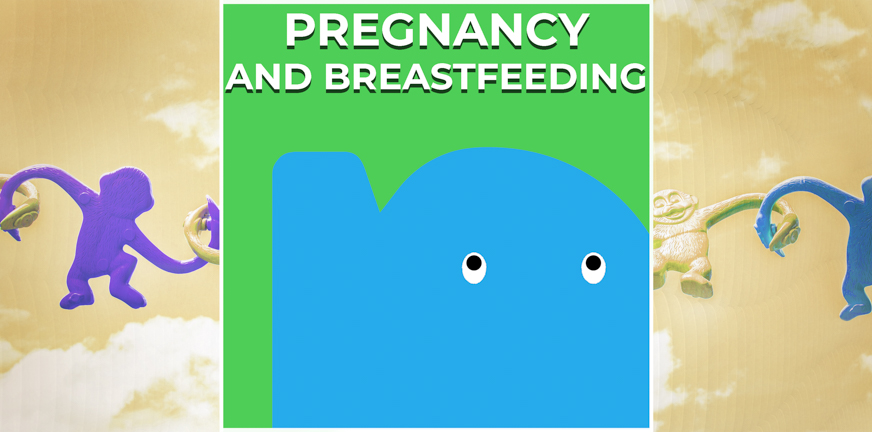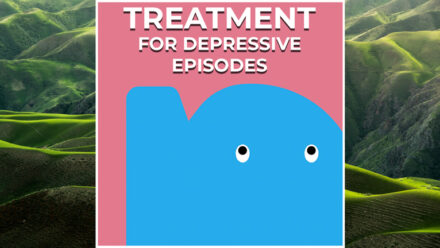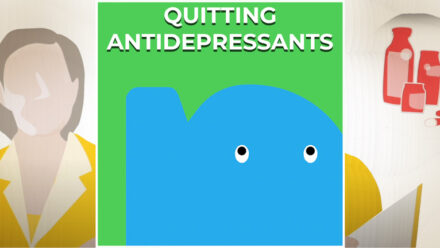
Are you pregnant or planning to be? Then always talk to your doctor before you start (or continue) with antidepressants. Also discuss with your doctor or obstetrician (midwife) about breastfeeding while using antidepressants.
Can you take antidepressants while pregnant?
In recent years, lots of research has been done on using antidepressants during pregnancy. Although none of the antidepressants are proven one hundred percent safe to use during pregnancy, recent studies show no increased risk. Abnormalities for the child because the mother has used antidepressants seem rare. But we do know that certain types of medicines are better avoided during pregnancy. Therefore it might be safer to (temporarily) switch to a different medicine when stopping altogether would be unwise.
Are you trying to become pregnant, or already are? Always talk to your doctor about whether or not to continue with antidepressants. When your depressive problems are not too serious, it is usually best to go without medication during the first three months of pregnancy. Sticking to just therapy might be enough. When it is better to keep using antidepressants, the best options are SSRIs or tricyclic antidepressants (TCAs).
Breastfeeding and antidepressants
Always talk to your doctor and obstetrician (midwife) if you want to breastfeed and are on antidepressants. Small amounts of the medicine could end up in the breast milk, but this is not always harmful to the baby. Some antidepressants are better than others if you want to breastfeed. Discuss the pros and cons, and if necessary find a suitable alternative.
More info on breastfeeding and medicine use.
Extra information:
More information on specific antidepressants can be found at Medlineplus.gov (in English and Spanish).




